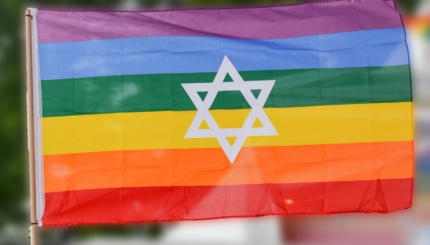Kyiv and Kharkiv – Two Centers of Yiddish Culture, 1917-1941
Hosted By: YIVO
This lecture takes place in Yiddish.
After the 1917 revolution, Kyiv became the capital city of independent Ukraine and appeared as the most significant center of Yiddish culture in the Sovietized areas of the former Russian Empire. The Yiddish Kultur-Lige (Culture League), established in post-revolutionary Kyiv, had scores of branches in Ukraine and was replicated in several other countries. Its aim was to promote the development of all spheres of contemporary Yiddish culture, including education, literature, theater, art, and music.
In 1919, the Soviet regime punished Kyiv for serving as independent Ukraine’s capital, establishing Kharkiv as its capital instead. Kharkiv served as Soviet Ukraine’s capital until 1934. Kyiv’s loss of capital status caused outmigration of activists of Yiddish culture to Kharkiv. Kharkiv’s newly-established periodicals and publishing houses provided openings in journalism and other writing jobs for the Yiddish activists. The city’s 80,000 Jews, mostly recent in-migrants, made up about a fifth of the city’s population, turning Kharkiv into a vibrant population and cultural center of Jewish life.
Still, not a few activists had chosen to stay in Kyiv, whose 140,000 Jews formed over a quarter of the resident population in the mid-1920s. In Kyiv, several components of the Kultur-Lige had been regimented by the state and as such continued to function, including the publishing house Kultur-Lige, which produced the highest number of Yiddish books in the Soviet Union of the 1920s.
The lecture will discuss the overall creation of Yiddish culture during this time and the “division of labor” between the two major Ukrainian cities.
The event listed here is hosted by a third party. My Jewish Learning/70 Faces Media is not responsible for its content or for errors in the listing.



